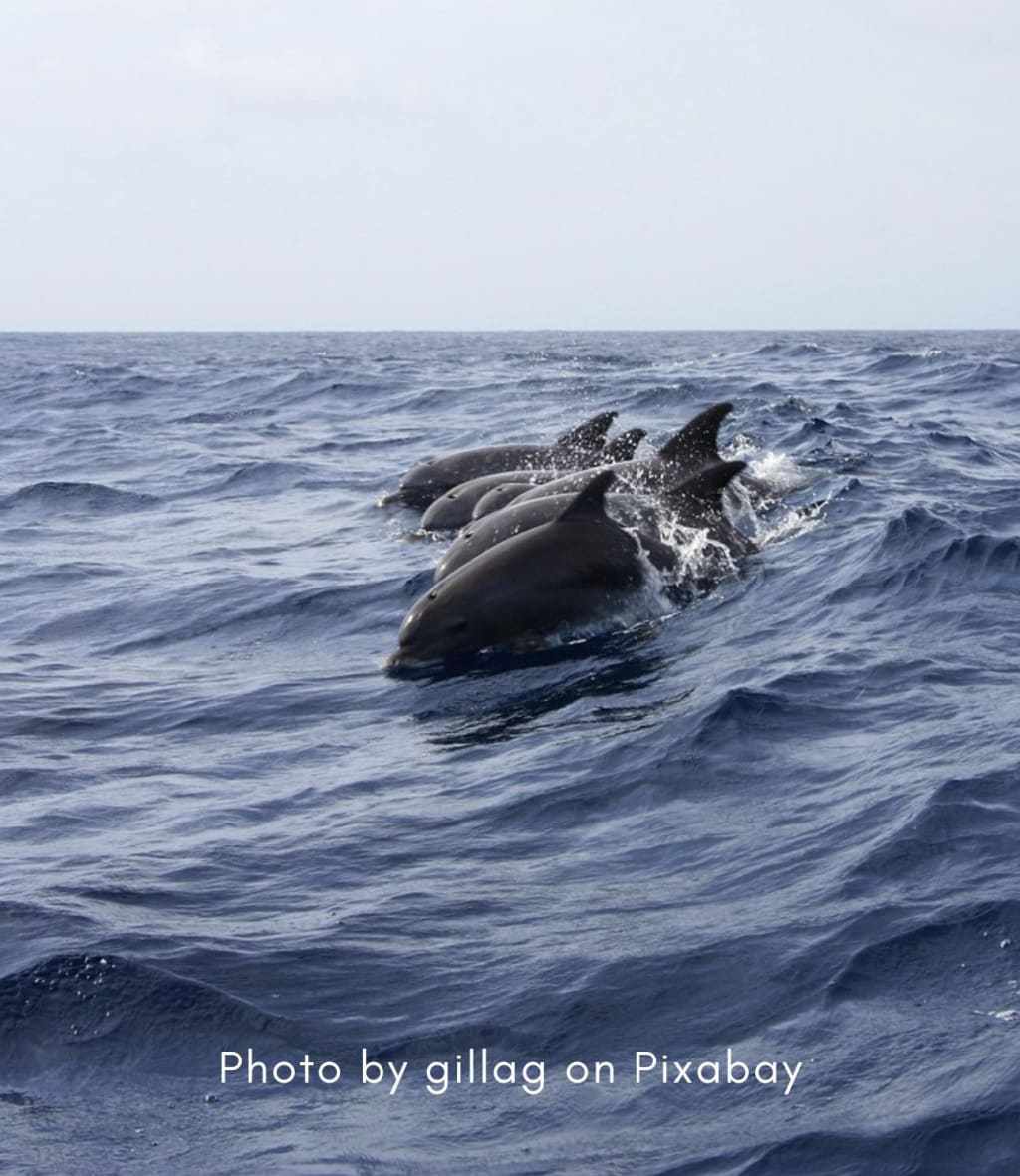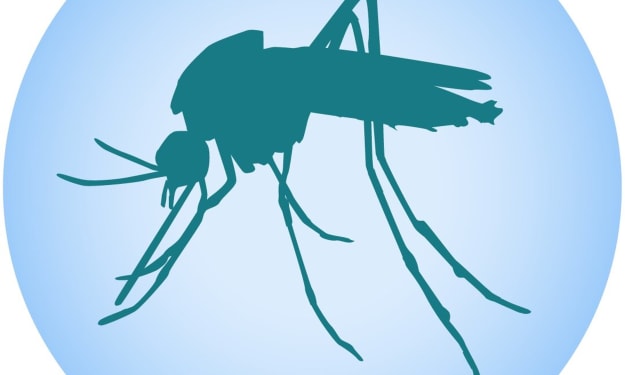Hidden Effects of Hurricanes on Marine Life
The good, the bad, and the ugly...

Introduction
When we think of hurricanes, we often picture the destructive force they unleash on land. However, there is a hidden side to these powerful storms that we rarely consider - the impact on marine life. While sea creatures like dolphins, whales, and sharks may swim to calmer waters, the changes in water temperature and salinity near shore can have catastrophic consequences for marine ecosystems. In this article, we will explore the lesser-known effects of hurricanes on marine life, from the mixing of waters to the disruption of salinity levels, and even the unexpected benefits that hurricanes can bring to certain species.
Turbulent Waters: The Mixing of Warm and Cool
Hurricanes generate massive waves that mix warm surface water with cooler, saltier water below. These turbulent waters can extend up to 91 meters below the surface, creating powerful currents that can have far-reaching effects. Near the coast, these currents can sweep marine animals, such as manatees, inland into canals and ponds or disorient them in the open ocean. This disruption in their natural habitat can lead to distress and even death for these creatures.
Salinity Disruption: A Deadly Consequence
Another hidden danger lies in the disruption of salinity levels caused by hurricanes. As heavy rains flood coastal areas, freshwater, less dense than saltwater, sits on top of the saltwater, creating a barrier that prevents oxygen from reaching the salty layer below. This lack of oxygen can cause sores, lesions, and even death in whales, dolphins, and porpoises. The delicate balance of salinity in the ocean is essential for the survival of countless marine species, and the disturbance caused by hurricanes can have long-lasting effects on their populations.
The Murky Aftermath: Impacts on Coral and Sea Grass
Hurricanes not only stir up the waters but also kick up dirt and sand in shallow seas. These sediments can clog the gills of fish, leading to their demise. In fact, experts believe that this factor contributed to the death of an estimated 9.4 million saltwater fish during Hurricane Andrew in 1992. The murky water also blocks sunlight from reaching coral reefs and sea grass, causing a decline in their health and growth. Studies have shown that coral cover in the Caribbean decreases by an average of 17% per year following a hurricane, exacerbating the already existing stress on these fragile ecosystems.
Unintended Consequences: The Surprising Effects of Hurricanes
While hurricanes generally have negative impacts on marine life, there are exceptions where certain species benefit from these storms. After Hurricane Katrina devastated fishing boats in the Mississippi Sound, scientists observed a significant increase in dolphin births. With the absence of fishing boats, dolphins suddenly had an abundance of fish at their disposal, leading to thriving populations. This unexpected outcome highlights the complex interplay between natural disasters and the delicate balance of ecosystems.
Beyond Water: Hurricanes' Impact on Land Animals
Hurricanes not only affect marine life but also have a profound impact on land animals. These storms can completely change ecosystems, leading to the emergence of new species or the displacement of existing ones. For example, the Hawaiian island of Kauai is now overrun with feral chickens believed to be descendants of domesticated chickens that escaped during hurricanes. In North Carolina, the heavy rains from Hurricane Florence overwhelmed hog waste lagoons, potentially releasing pig waste into the local water supply. These incidents demonstrate the far-reaching consequences of hurricanes, affecting both aquatic and terrestrial ecosystems.
The Future of Hurricanes and Marine Life
Unfortunately, research indicates that the intensity of hurricanes will only increase with climate change. Rising sea temperatures fuel the formation of more powerful storms, posing even greater risks to marine life. It is crucial that we take action to mitigate the effects of climate change and protect vulnerable ecosystems. By reducing our carbon footprint, supporting sustainable fishing practices, and implementing measures to safeguard coastal habitats, we can help ensure the long-term survival of marine species in the face of these increasingly frequent and severe hurricanes.
Conclusion
As we brace ourselves for the impact of hurricanes, it is essential to remember the hidden effects these storms have on marine life. From the mixing of warm and cool waters to the disruption of salinity levels and the destruction of coral reefs, hurricanes can have far-reaching consequences for the delicate balance of our oceans. However, amidst the devastation, there are also unexpected benefits for certain species. By understanding and addressing these impacts, we can work towards safeguarding marine ecosystems and preserving the incredible diversity of life beneath the surface.






Comments
There are no comments for this story
Be the first to respond and start the conversation.